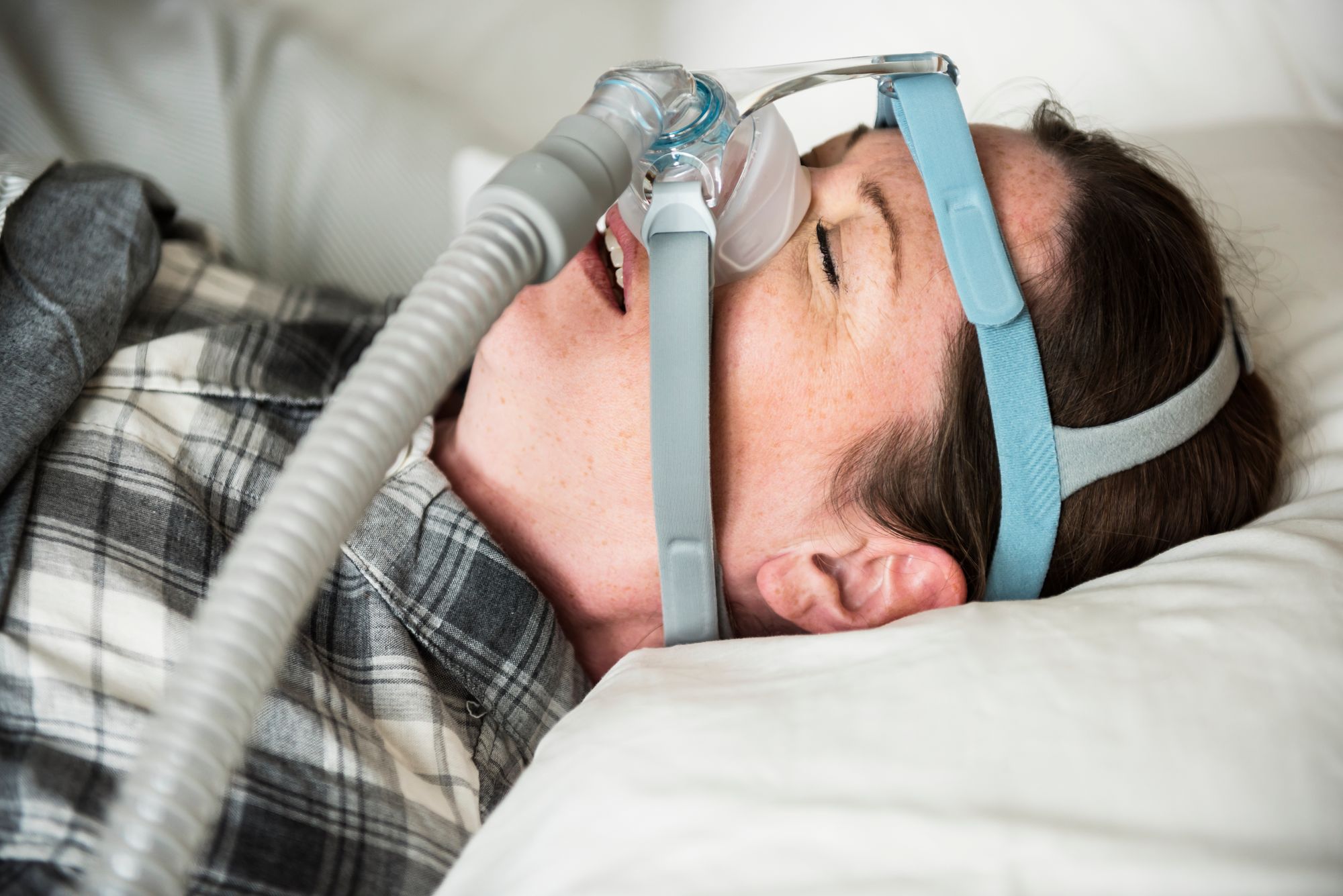Sleep Apnea: A Problem That Affects 9% of American Adults
Sleep apnea occurs in about 25% of men and nearly 10% of women. Sleep apnea can affect people of all ages, including babies and children and particularly people over the age of 50 and those who are overweight.

Sleep apnea occurs in about 25% of men and nearly 10% of women. Sleep apnea can affect people of all ages, including babies and children and particularly people over the age of 50 and those who are overweight.
Obstructive sleep apnea (OSA) is the most common type of sleep apnea. Symptoms are upper airway obstruction during sleep, causing shallow breathing or sudden stop of breathing, stop breathing repeatedly during their sleep.
Untreated sleep apnea may cause a lot of problems, sometimes it may occur more than 30 times per hour and hundreds of times during the night, which can cause high blood pressure, heart attack, brain problems, or increase the incidence of accidents due to poor mental health.
Sleep apnea can be caused by a person’s physical structure or medical conditions. Sleep apnea occurs in about 25% of men and nearly 10% of women. Sleep apnea can affect people of all ages, especially people over 50 and overweight people. Sleep apnea affects the oxygen balance of the body and then causes many diseases.
If sleep apnea is not carried out and controlled, the risk of various cardiovascular diseases will increase. Sleep apnea can result in a number of health problems including high blood pressure, heart attack, heart disease, and stroke.

Research shows increasing OSA severity is associated with postprandial hyperglycemia in type 2 diabetes and may contribute to impaired glycemic control.
Sleep lets your body rest and recharge for another full day. Lack of sleep can lead to diabetes, high blood pressure, and heart disease. Getting the recommended amount of sleep can maintain your weight, lower your risk for serious health problems, and improve your mood.
At Lively Habits, we believe in stopping chronic diseases with lifestyle changes. We hope you find this information useful and challenge yourself to build healthy habits. Harvard Research has shown that following healthy habits can help you live a chronic-disease-free life.

Living It Up Anywhere
The idea of living your best life can be done anywhere, at any time, and all it really takes is a mindset shift. Take it one core lifestyle habit at a time, whether that is eating healthy and less, daily exercise, quitting bad habits, getting a routine checkup, or being positive. Take a chance today to Live It Up!

